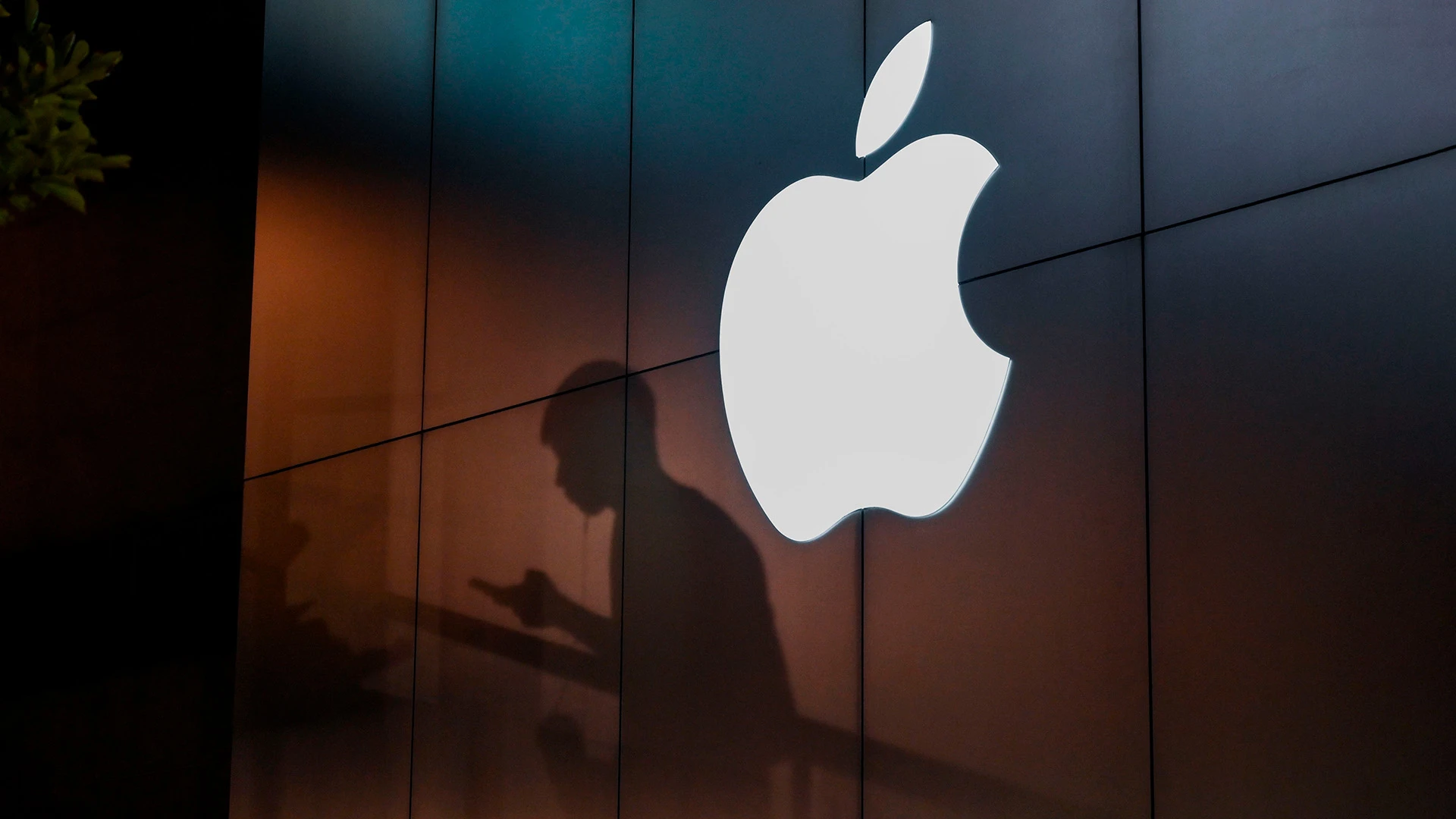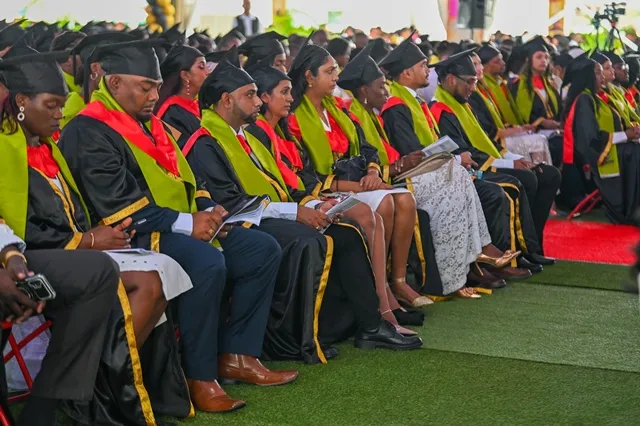In a major international move with domestic shockwaves, the United States Treasury’s Office of Foreign Assets Control (OFAC) has imposed sanctions on a transnational drug trafficking network involving Guyanese nationals, including a senior law enforcement officer. The action targets ten individuals accused of trafficking cocaine through South America to the United States, Europe, and the Caribbean — four of whom are Guyanese citizens.
Among the sanctioned is Senior Superintendent Himnauth Sawh, a high-ranking police official. Others include Paul Daby Jr., Mark Cromwell (alias “Demon” or “Diamond”), and Randolph Duncan. The U.S. Treasury alleges that this network utilized sophisticated smuggling methods — including speedboats and even narco-submarines — to ferry large quantities of cocaine through jungle routes and maritime corridors.
The U.S. move freezes all U.S.-based assets of the named individuals and prohibits American entities from doing business with them — a step Washington often uses to disrupt global criminal networks.
Guyana as a Transshipment Hub: A Persistent Challenge
While Guyana is a strategic security partner of the United States, OFAC’s action reflects lingering concerns that the country remains a transit point for cocaine, moving from Colombia and Venezuela through remote airstrips, rivers, and unregulated ports. According to the 2025 U.S. International Narcotics Control Strategy Report, Guyana’s vulnerabilities are compounded by port corruption and informal trafficking routes. OFAC even noted that shipments destined for Guyana carried Mexican cartel insignia, indicating embedded foreign influence.
Swift Government Response: Suspension, Requests for Evidence, and Active Cooperation
The PPP/C-led government responded immediately. Superintendent Sawh has been placed on administrative leave by the Police Service Commission, pending investigation. Simultaneously, Attorney General Anil Nandlall initiated formal requests to the U.S. Department of Justice to obtain actionable evidence. President Dr. Irfaan Ali confirmed that he personally contacted the U.S. Ambassador to Guyana to secure all available intelligence.
“We are taking this very seriously,” President Ali said. “The Government of Guyana will take every appropriate action locally once we receive full details.”
The Ministry of Home Affairs also released a statement reaffirming Guyana’s zero-tolerance stance on narco-trafficking and committed to working with Washington to dismantle criminal operations, regardless of the individuals’ status or affiliations.
Past Actions, Present Stakes: An Unfolding Crackdown
This isn’t the first time Guyanese nationals have been sanctioned by the U.S. for alleged drug links. In 2023, OFAC sanctioned prominent businessman Nazar “Shell” Mohamed and his son, alongside a senior civil servant. Since then, the PPP/C government has sought to tighten security systems, including through record-level interdiction operations. In September 2024, Guyana executed its largest-ever drug seizure: 4.4 metric tonnes of cocaine — estimated at nearly US$195 million — with support from U.S. authorities.
Officials say the Ali administration’s long-term objective is to shed Guyana’s narco-state reputation and instead position the country as a trustworthy destination for legitimate investment amid its oil-driven growth.
Transparency and Institutional Accountability
While the sanctioning of a serving police official is undoubtedly embarrassing, it also represents an opportunity for the government to demonstrate integrity. According to analysts, the PPP/C’s firm response—prompt suspension, coordination with the U.S., and no public defensiveness—marks a break from past eras, when drug cases involving elites were allegedly swept under the rug.
“Our partnership with the U.S. on port security, intelligence, and border control is stronger than ever,” said President Ali, highlighting newly acquired container scanners, surveillance for airstrips, and maritime monitoring systems.
Domestic and Political Implications
The government’s rapid embrace of U.S. sanctions signals its intent to maintain both international trust and domestic credibility. With elections approaching, this episode gives the PPP/C a platform to demonstrate that it will act decisively—even when wrongdoing emerges within the state itself. Officials note that drug-related corruption is a national security risk, not just a law enforcement issue.
At the same time, the government has steered clear of politicizing the matter, maintaining that no individual is above the law. Attorney General Nandlall reiterated that criminal charges under Guyana’s laws will follow if the U.S. provides substantiating evidence.
A Message to the World—and to Guyanese Citizens
As the story unfolds, what’s clear is this: Guyana’s future depends on its ability to navigate oil wealth with integrity.President Ali’s government appears keenly aware that the stakes are high. For the country to prosper on the global stage, it must not only build roads and bridges—but also fortify the institutions of justice and security.
The public message is unequivocal: criminal networks will be dismantled, even if that means confronting long-standing rot within the system. With further details expected from U.S. authorities, this moment may mark a turning point in Guyana’s fight against narco-trafficking—one that demands vigilance, transparency, and a deep commitment to public trust.
Region: National
Sources: U.S. Treasury (OFAC), Ministry of Home Affairs, News Room, President Irfaan Ali remarks, International Narcotics Control Strategy Report 2025.
- Oil Spill Preparedness Law Passed Amid Push for Environmental Safeguards
- Bridging a Nation: Inside Guyana’s Transport Revolution and the Race to Connect
- Empowering Hinterland and Region 10: Online Scholarships Unlock Futures
- The Fourth Estate Reimagined: Guyana’s Citizen Journalists and the New Media Landscape




